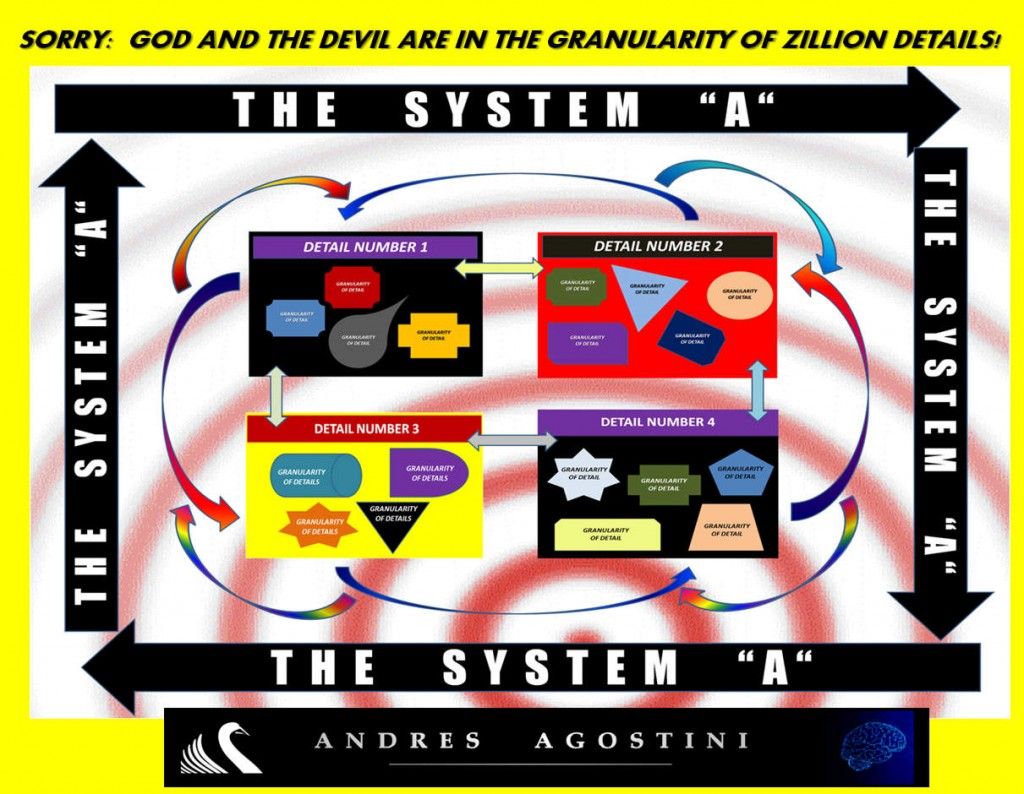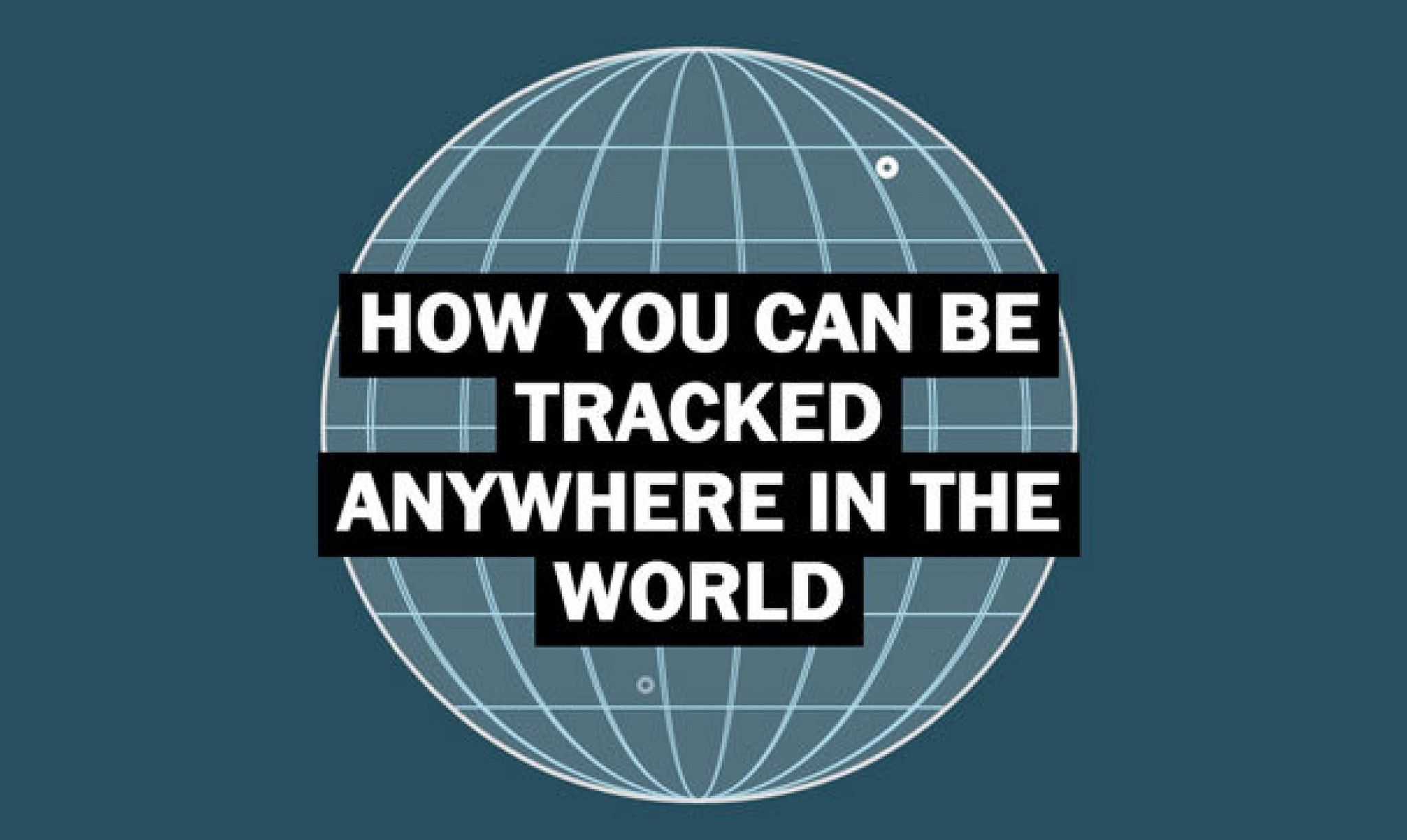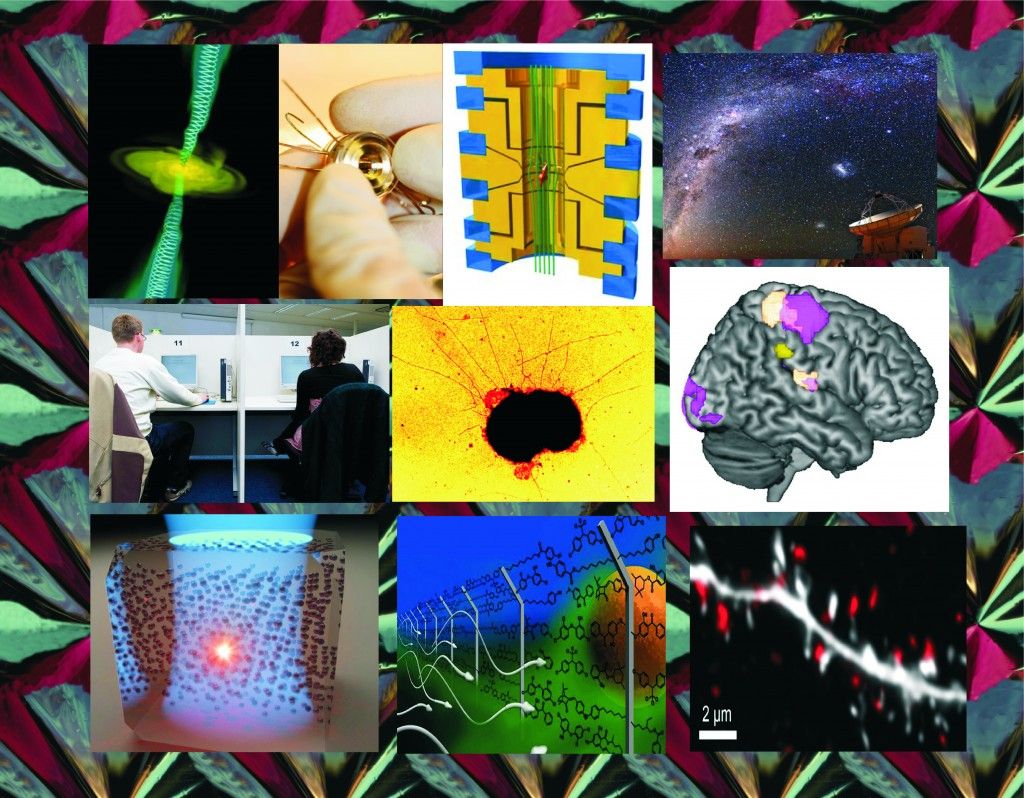 Technologies based on stem cells, genetic engineering or tissue engineering may eventually have considerable impact in alleviating certain diseases such as arthritis, heart disease, or dementia. But these rejuvenation biotechnologies cannot be used by the general public at large in order to negate the ageing process itself.
Technologies based on stem cells, genetic engineering or tissue engineering may eventually have considerable impact in alleviating certain diseases such as arthritis, heart disease, or dementia. But these rejuvenation biotechnologies cannot be used by the general public at large in order to negate the ageing process itself.
1. Problems with Stem Cell Therapies
One methodology for delivering biotechnology rejuvenation therapies (such as stem cell therapy) is bone marrow transplant. This is a complex, clinically risky, and administratively complicated procedure. It is well beyond the technical issue of artificially manipulating and repairing cells in the laboratory. Cells need to be harvested from a patient, manipulated in the laboratory, and then re-transplanted in the patient.
Consider what happens during an autologous cell harvest. The patient has to attend a clinic and this may involve a pre-procedure physical assessment, followed by administration of a Colony-Stimulating Factor which is given as an injection every day for up to 14 days, (the patient must be instructed on how to do this at home). A course of chemotherapy may be needed in order to regulate the production of stem cells. The patient returns for another visit for the harvest. The harvesting process takes three to four hours and it may have to be repeated every day for up to five days in order to collect enough cells for the transplant. It involves an epidural or a general anaesthetic (with all the associated risks), punctures over the pelvic bone and withdrawal of marrow material. Alternatively, intravenous access and blood withdrawal need to be arranged. The amount to be withdrawn must be assessed from person to person. The patient needs to recover from the anaesthetic.
Continue reading “A fanciful approach to curing ageing: biotechnology in clinical practice” »



 Technologies based on stem cells, genetic engineering or tissue engineering may eventually have considerable impact in alleviating certain diseases such as arthritis, heart disease, or dementia. But these rejuvenation biotechnologies cannot be used by the general public at large in order to negate the ageing process itself.
Technologies based on stem cells, genetic engineering or tissue engineering may eventually have considerable impact in alleviating certain diseases such as arthritis, heart disease, or dementia. But these rejuvenation biotechnologies cannot be used by the general public at large in order to negate the ageing process itself.













